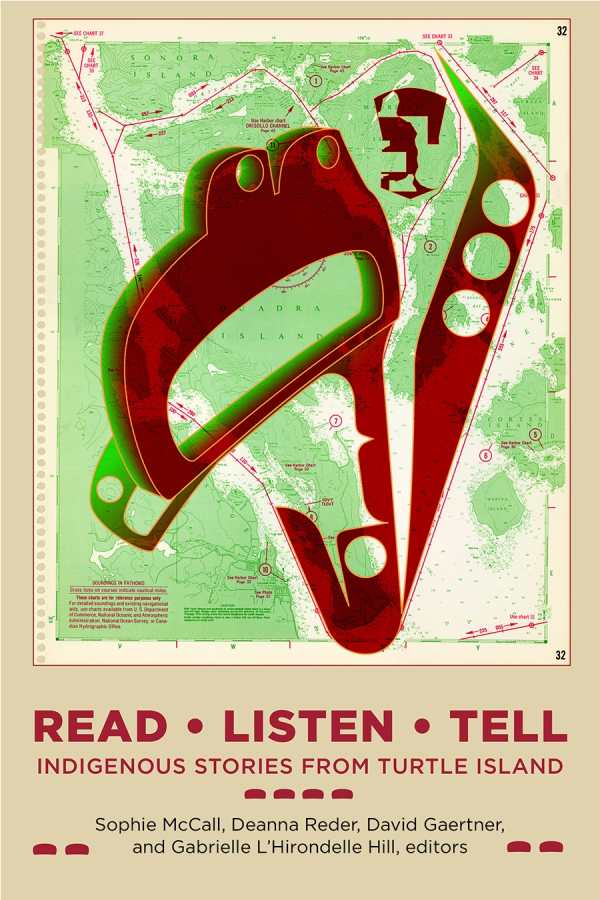Read, Listen, Tell
Indigenous Stories from Turtle Island
These indigenous stories beg to be engaged with on their own terms.
More than a simple anthology of short stories, Read, Listen, Tell: Indigenous Stories From Turtle Island is a treatise meant to introduce and teach indigenous methodologies for reading and storytelling.
This text collects short fiction and critical essays, both of which are meant to educate readers on a variety of indigenous writings, as well as teach indigenous perspectives on storytelling and knowledge.
The stories and essays are organized into learning topics such as “Cree Knowledge Embedded in Stories,” “Community, Self, Transformation,” and “Indigenous Fantasy and SF.” Stories are introduced with provocative questions and possible interpretations that stimulate the reading experience.
While the critical essays provide a compelling lens through which to view the stories, the true highlight of the work is its vast variety of short fiction. Some stories are from famous authors, including Leslie Mormon Silko and Sandra Cisneros; some are historic pieces from the 1800s. All are significant and compelling.
Style and presentation vary. Some stories are excerpts from graphic novels or transcriptions that feature the original language. Collection highlights include “Ghost Trap,” from Gloria Anzaldúa, “Republic of Tricksterism,” by Paul Seesequasis, and “Terminal Avenue,” by Eden Robinson.
Each story is compelling in its own right, and the anthology would be well worth the read for that alone. Its commitment to teaching indigenous methodologies makes it all the more a joy to read. The stories beg to be engaged with on their own terms, at all times privileging indigenous perspectives and cultures.
In the introduction, the editors state that their intent was to create a critical reader most appropriate for undergraduate students. While this goal is undoubtedly achieved, the collection is also accessible and engaging for any and all readers seeking unique, quality fiction.
Read, Listen, Tell collects a brilliant and vast array of indigenous short fiction, bolstered by insightful critical essays that prioritize indigenous voices, culture, and methodologies.
Reviewed by
Clarissa Goldsmith
Disclosure: This article is not an endorsement, but a review. The publisher of this book provided free copies of the book to have their book reviewed by a professional reviewer. No fee was paid by the publisher for this review. Foreword Reviews only recommends books that we love. Foreword Magazine, Inc. is disclosing this in accordance with the Federal Trade Commission’s 16 CFR, Part 255.

